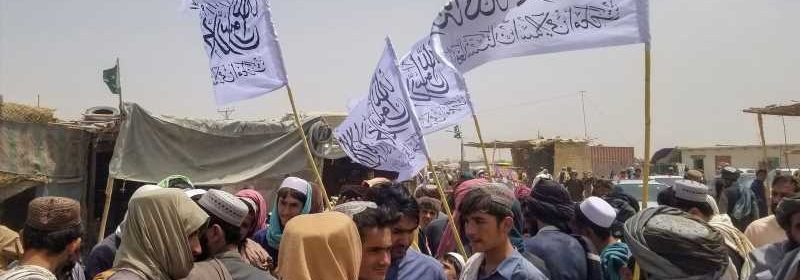Afghanistan: UK ‘surprised by scale and pace’ of Taliban takeover, admits Dominic Raab

Hundreds more British troops are being sent to Kabul to help with the evacuation effort in Afghanistan’s capital – as the foreign secretary admitted the UK was left “surprised” by the speed with which the Taliban took control of the country.
An extra 200 British troops will be sent to Kabul, bringing the number of UK armed forces personnel in the city to around 900 – the majority of which have been deployed in the past week.
Further troops are also set to be deployed in the region in order to be able to move into Afghanistan quickly if needed.
An immediate focus of British troops in Kabul will be the evacuation effort from the city’s airport, which Foreign Secretary Dominic Raab revealed was the focus of an emergency COBRA meeting of top ministers and officials in Westminster on Monday.
Mr Raab revealed that 150 British nationals would be arriving back in the UK in the early hours of the morning, with a further 350 Britons and Afghan nationals arriving in the coming days.
But the foreign secretary refused to state how many refugees the UK might accept from Afghanistan, which has fallen back into Taliban control after 20 years.
“Everyone, I think, has been surprised by the scale and the pace at which the Taliban have taken over in Afghanistan,” he said.
“And that’s a lesson that we’ve all got to learn from. But the truth is what matters right now is focusing on getting British nationals out, getting out those who have so loyally served the UK.
“And making sure that the gains that we’ve made over 20 years are not lost.
“Let’s remember we haven’t had a terrorist attack on the UK from Afghanistan in 20 years.
“Because of UK aid, ten million more children have been in education. Because of UK efforts with others, eight million more landmines have been cleared.
“So we have a record that we should not overlook. Of course, the priority now is to make sure that the gains aren’t lost because of the Taliban taking control.”
Source: Read Full Article
